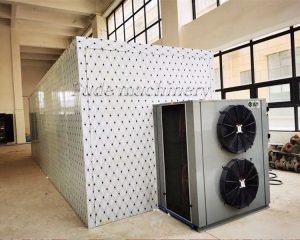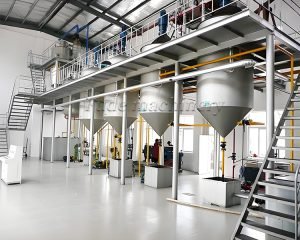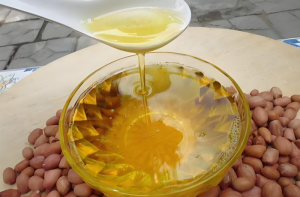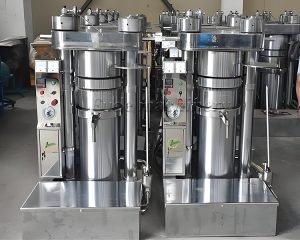Setting Up Medium Scale Vegetable Oil Mill
Definition of Vegetable Oil
Vegetable oils are lipid substances extracted from plant seeds, fruits, or other tissues, and belong to the category of natural lipids.
Vegetable oils are primarily derived from the seeds, fruits, or germ of oilseed crops. Common raw materials include:
- Seeds: Soybeans, rapeseed, peanuts, sunflower seeds, cottonseed, sesame seeds, etc.
- Fruits: Olives, coconuts, palm fruits, walnuts, etc.
- Other tissues: Corn germ, rice bran, wheat germ, etc.

Establishing a vegetable oil plant is a multi-faceted, multi-disciplinary system engineering project that requires comprehensive consideration of various factors including market conditions, technology, regulations, and environmental protection.
Steps for Establishing a Vegetable Oil Mill
- Research the demand scale, consumption habits, and competitive landscape of target markets (e.g., edible oils, industrial oils).
- Analyze the preferences of potential customer groups (e.g., food processing enterprises, retailers, individual consumers).
- Evaluate the stability of raw material supply (e.g., production regions and price fluctuations of oilseeds such as soybeans, rapeseed, and peanuts).
- Determine product types (e.g., pressed oil, solvent-extracted oil, refined oil) and target quality standards (e.g., Grade 1 oil, Grade 2 oil).
- Plan annual production capacity (e.g., 10,000 tons, 50,000 tons) based on market demand and financial strength.
- Develop product line strategies (e.g., single oil type or multi-oil blend production).
Selection of Oil Extraction Equipment
- Pre-treatment Equipment: Cleaner, Crusher, Roller Mill, Steam Roaster.
- Pressing Equipment: Screw Press, Hydraulic Press.
- Leaching Equipment: Leaching Tank, Evaporator, Stripping Tower.
- Refining Equipment: Degumming Tank, Neutralization Tank, Decolorization Tower, Deodorization Tower.
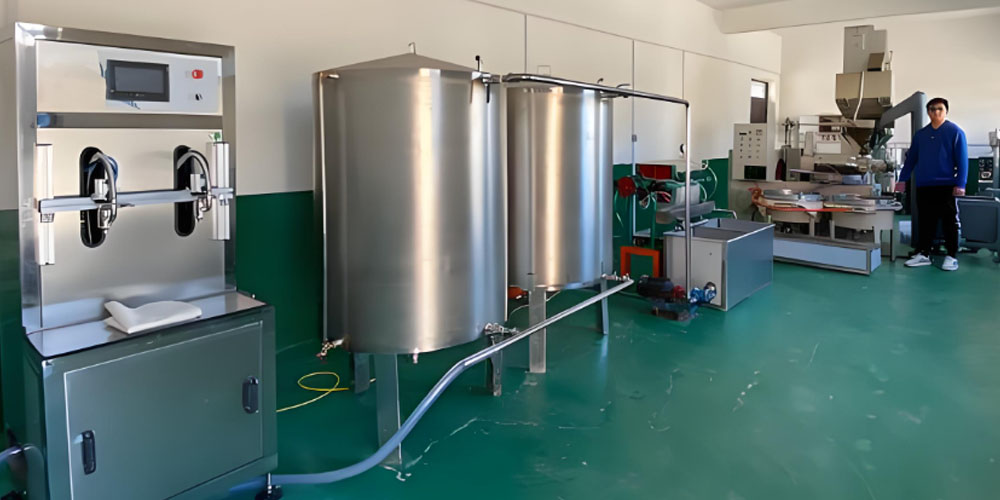
Medium sized vegetable oil plants have low total emissions and energy demand, as well as high production efficiency and flexibility, making them suitable for promotion in different regions and helping to achieve localized production and sustainable development.
Types of Oil Presses
Understand the working principles of oil presses to better select oil extraction equipment suited for market development and establish your own edible oil processing plant.
Oil Extraction Principle: Raw materials are advanced by screw rotation, utilizing the simultaneous effects of mechanical pressure and frictional heat to extract oil. The screw’s root diameter progressively increases while its pitch gradually decreases, creating a high-pressure environment within the pressing chamber. Friction between the material, screw, and chamber generates heat, softening the raw material structure, disrupting colloids, reducing oil viscosity, and promoting oil separation.
- High-efficiency continuous production: Supports continuous pressing of over 20 types of oilseeds including peanuts, soybeans, and sesame seeds, with processing capacity ranging from hundreds of kilograms to several tons per hour.
- Wide adaptability: Features dual modes for cold pressing (preserving nutrients) and hot pressing (enhancing efficiency) to meet diverse oilseed processing requirements.
- Commercial Applications: Small to medium-sized oil mills and food processing plants, with a daily processing capacity of up to 1.5 tons (requires 380V industrial voltage).
- Industrial Applications: Large-scale vegetable oil plants, serving as front-end equipment for pre-pressing or refining processes.
- Hydraulic Oil Press
A hydraulic system applies static pressure by forcing hydraulic fluid into the cylinder via an oil pump, which slowly compresses the material blank through the piston. Pressures reaching tens of megapascals enable oil extraction.
- High oil purity: Free from metal friction contamination, ideal for precision processing of high-value oilseeds like walnuts and camellia seeds.
- Low residual oil rate: Oil content in cake residue can be controlled below 5%, enhancing raw material utilization.
- Specialty Oil Processing: Oils requiring preservation of natural flavors, such as olive oil and almond oil.
- Small-Scale Workshops: Family-run oil mills or artisanal custom oil production workshops.
- Refining Equipment
Refining machines are critical equipment used to enhance material purity and remove impurities. They are widely applied in rubber recycling, oil processing, precious metal purification, textile and chemical fiber industries, as well as chocolate production. Their core function is to optimize material quality through physical or chemical methods, meeting diverse industry demands for high efficiency, energy savings, environmental protection, and intelligent operation.
- Function: Enhances oil quality and reduces neutral oil loss through processes such as degumming, neutralization, decolorization, and deodorization.
- Degumming: Removes colloidal impurities like phospholipids using the hydration method.
- Neutralization: Neutralizes free fatty acids through alkali refining.
- Decolorization: Adsorbs pigments and residual pesticides using activated white clay.
- Deodorization: Eliminates off-flavors using steam distillation.
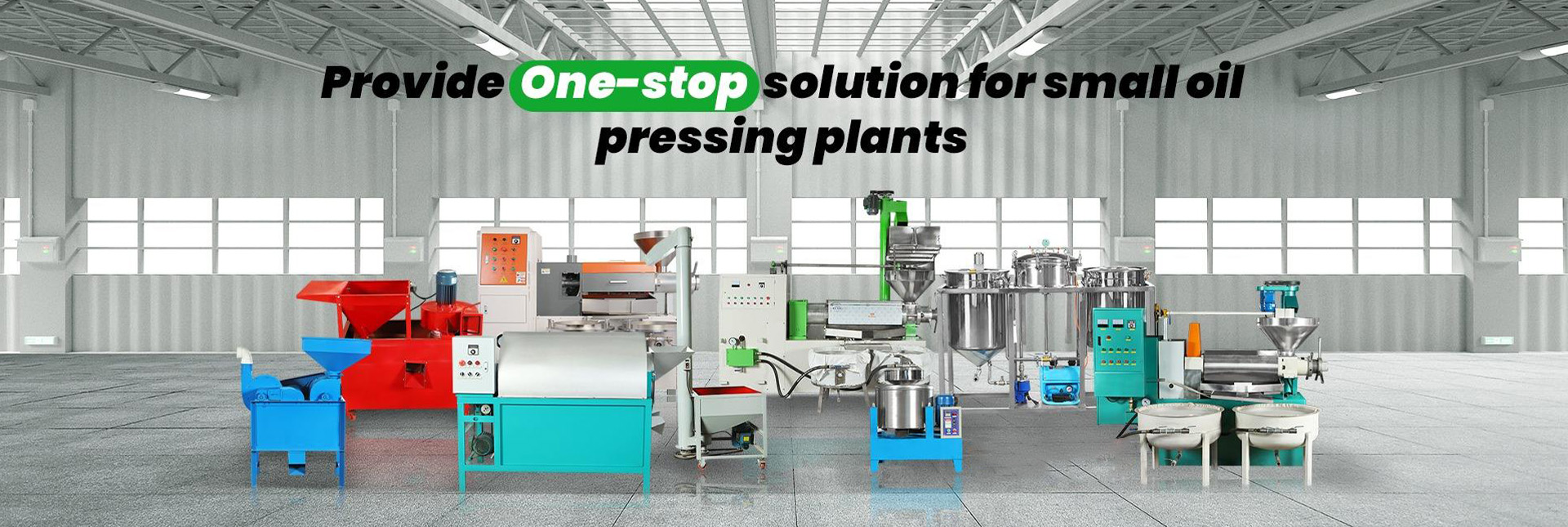
Overall, these devices can achieve full process automation and standardization from raw material processing to finished product packaging, improve production efficiency, reduce labor costs, and ensure stable product quality. In addition, refining equipment such as degumming, deacidification, decolorization, deodorization and other processes can remove impurities, enhance the edible value and safety of oil products, and meet the demand for high-quality edible oil in different markets. At the same time, the introduction of automation equipment reduces human error and improves production consistency and reliability.
Advantages of Edible Oil Processing Plants
- Advantages in Raw Material Procurement: Centralized procurement of oilseeds (such as soybeans, sunflowers, and rapeseed) enables bargaining power, reducing unit costs. For instance, when large processing plants purchase tens of thousands of tons annually, raw material prices can be 5%-10% lower than those for smaller-scale purchases.
- Production Efficiency Enhancement: Automated production lines (such as screw oil presses and refining equipment) enable 24-hour continuous operation, processing hundreds of tons daily while reducing labor costs by 30%-50%.
- By-product Value Enhancement: Oilseed meal (such as soybean meal and rapeseed meal) produced after oil extraction can be sold as animal feed or organic fertilizer, increasing its value by 20%-30%.
- Market Segmentation Coverage: Capable of producing various grades of edible oils (such as Grade 1 pressed oil and Grade 3 solvent-extracted oil), specialty oils (such as flaxseed oil and walnut oil), and functional oils (such as high-oleic oil and low-trans-fatty-acid oil) to meet the demands of the high-end market.
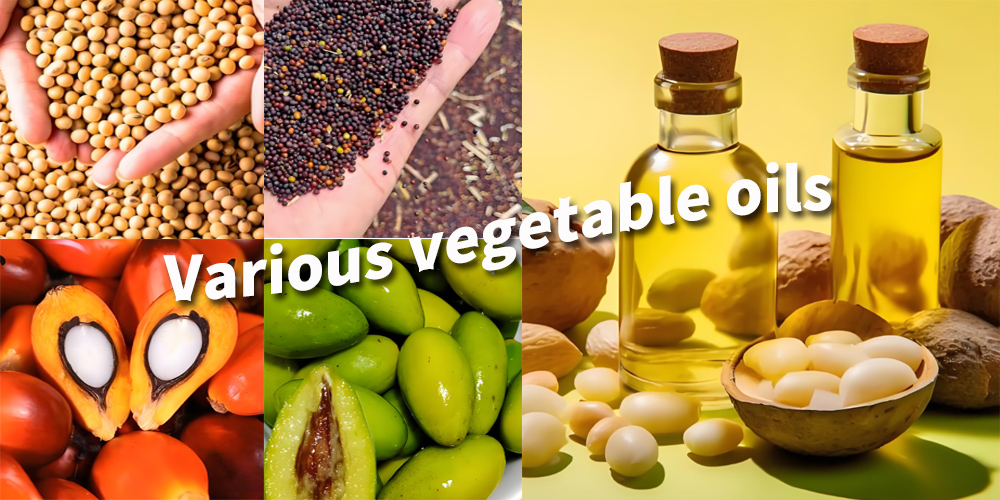
Summary Recommendations
Establishing an edible oil processing plant enables the synergistic development of economic benefits, quality and safety, market competitiveness, and social value.
We are Zhengzhou Fude Machinery, an experienced export equipment manufacturer. We provide a dedicated team to offer comprehensive technical and equipment planning for clients nationwide seeking to launch oil extraction operations.
Related recommendations
-
How does a box dryer work
595Box type dryers are widely used in various fields, such as drying clothes at home, industrial sludge treatment, fruit and vegetable drying, etc
View details -
Can Ignoring Crude Oil Quality Ruin Oil Refining?
368Chemical refining, mainly using alkali to neutralize Free Fatty Acids (FFA), is the traditional method. It's robust and adaptable. It works well even if your crude oil quality isn't perfect or has high acidity. The process involves adding an alk...
View details -
What can an oil press be used for
570An oil press is a machine used to extract oil from oilseed crops. It uses mechanical external force to increase the temperature to activate oil molecules, thereby squeezing the oil out of the oil.
View details -
How is sesame oil squeezed out
476The pressing process of sesame oil is a complex and delicate process
View details
 Oil Press Equipment and Oil Refining Machinery for Sale – Start Your Oil Press Business
Oil Press Equipment and Oil Refining Machinery for Sale – Start Your Oil Press Business
